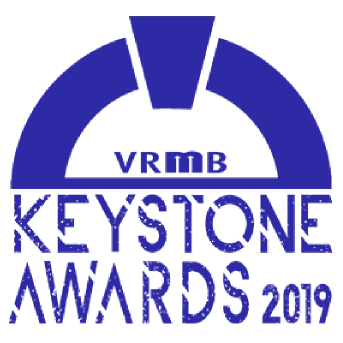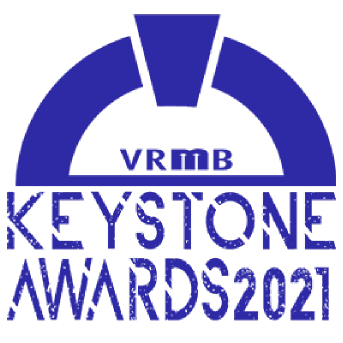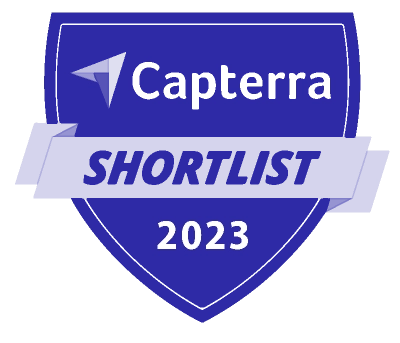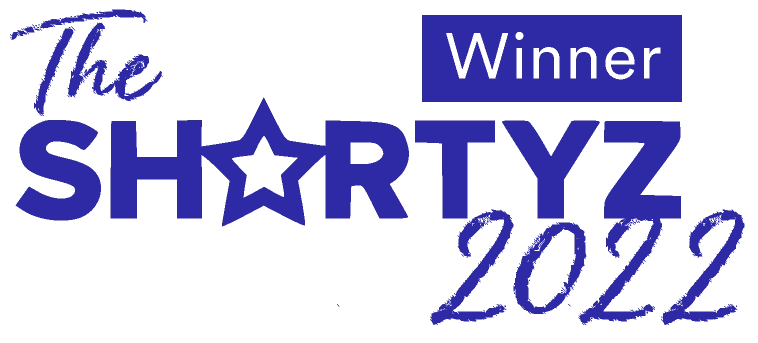Guide to North Carolina's Short-Term Rental Regulations
Disclaimer
Short-term rental regulations are in a constant state of change. The below resource is updated when possible, but it should not be taken as legal advice. It is critical to familiarize yourself with North Carolina’s short-term rental laws, your local government, and consult with a legal advisor to ensure you are taking the necessary steps to stay in compliance and keep your business safe and legal.
The short-term rental industry is constantly evolving, and North Carolina is no exception. With its picturesque coastal scenery, vibrant cities, and historic landmarks, it’s no wonder that North Carolina has become a top short-term rental destination on platforms like Airbnb and Vrbo.
North Carolina’s lawmakers are taking notice and making changes to the regulations governing short-term rentals, including enacting the North Carolina Vacation Rental Act which requires homeowners and renters to sign a written agreement.
In this guide, we will explore the various state laws and local government regulations that govern short-term rental property owners, managers, and even renters in North Carolina, including tax requirements, destination-specific regulations, evolving legislation, and tips for compliance.
North Carolina’s evolving short-term rental legislation
One of the key challenges faced by North Carolina lawmakers is finding a balance between protecting the surrounding community and honoring the desires of homeowners with short term rental businesses.
Local students, tenants, and primary homeowners want protections in place to ensure their housing longevity. At the same time, hosts rely on the income generated from renting out their properties to support their families or supplement their primary source of income.
Additionally, short-term rentals can attract tourists and boost local businesses, contributing to the overall economic growth of the region.
Currently, with the exception of shared homes (“home stays”), vacation rental properties are defined by guest stays of no more than 90 days. However, recent lawsuits and bills are quickly changing the STR conversation in North Carolina.
Schroeder v. City of Wilmington
Wilmington, a vibrant coastal city with a rich history, attracts visitors with its charming downtown area, beautiful beaches, and lively arts scene. But vacation rental regulations in Wilmington have been news-worthy in recent years.
In a 2022 lawsuit, Schroeder v. City of Wilmington, the City Council voted to amend a previous ordinance requiring any short term rental properties to be separated by 400 feet from any other dwelling unit. Wilmington had also capped the number of STRs in a given neighborhood, implementing registration fees and a lottery system to enforce the cap. Zoning district and common regulations are still in effect.
North Carolina Senate Bill 667
In April of 2023, the North Carolina Senate Bill 667 was proposed which, if passed, will roll back previous home use and short term rental limitations within cities. While the bill would open the rental market, property owners would be required to follow certain health and safety rules, and vehicle parking caps. Additionally, property managers would need to be based within 50 miles of a dwelling unit during any rental period.
In 2018, North Carolina passed legislation that prohibits local governments from banning short-term rentals outright. Instead, local governments are allowed to regulate various standards, such as noise and safety. This legislation provides a framework for hosts to operate within while also giving local governments some control over the industry.
Furthermore, the legislation also recognizes the economic benefits that short-term rentals bring to local communities.
It’s essential for hosts to stay informed about any changes or updates to the short-term rental legislation in North Carolina. This can be done by regularly checking for updates on government websites or joining local host associations that provide updates and resources to hosts.
North Carolina’s vacation rental tax requirements
One of the key aspects of short-term rental regulations is the collection and remittance of taxes. In North Carolina, hosts renting their properties for 15+ days a year are required to collect and remit certain taxes on their rental income.
Vacation rentals in North Carolina are subject to:
- Sales tax of 6.75%-7.5% (paid to the North Carolina Department of Revenue):
- 4.75% state sales tax
- 2-2.75% local sales tax
- Local occupancy tax, or Vacation Rental Tax (VRT)– (paid to a local tax county or authority)
North Carolina’s local occupancy tax can vary depending on the location and type of rental property, so it’s essential for hosts to familiarize themselves with the specific regulations in their area and include both sales taxes and occupancy taxes in the total vacation rental price.
Familiarizing yourself with tax fees across Airbnb, Vrbo, and other OTAs is key. Be sure to keep accurate records of rental income, tax obligations, and any expenses related to your rental property (deductibles!). Using an automated system to collect and remit taxes is highly recommended. These can be easily integrated into your Property Management Software (PMS).
Failure to comply with tax requirements can result in penalties and legal consequences so short term rental homeowners may consider consulting a tax professional about their specific tax requirements.
Vacation rental regulations in North Carolina’s top destinations
North Carolina is a state known for its diverse and beautiful vacation destinations. From the cultural hub in Asheville to the stunning beaches of the Outer Banks, there is something for everyone. North Carolina’s tourism numbers, largely due to Airbnb, Vrbo, and other short term rentals, have exploded in recent years—and with it, vacation rental regulations have been enacted to prevent locals from becoming priced out of the city.
Let’s take a closer look at the vacation rental regulations in North Carolina’s most popular locations.
Asheville
- Max occupancy 2 people per legal bedroom
- Limit of 1 month stay for entire dwelling unit; must be limited to specific zoning locations.
- Shared homestays do not fall under the same requirements as entire dwellings, however hosts must apply for a homestay permit and pay a small fee
- No on-street parking without permit
- Noise ordinance prohibits disruptive noise after 7pm
Outer Banks
- Varies by county and town, typically max 2 people per bedroom plus 2-4 extra guests
- Parking restricted, permits often required, beach access regulations
- Noise limits in effect, especially after 10 or 11pm
Wilmington
- Max occupancy 2 per bedroom plus 2 additional guests
- On-site parking required based on occupancy
- Sound restrictions, especially late night noise
- Ground floor restrictions
Charlotte
- Occupancy limited to 2 people per bedroom plus 2 additional guests
- Business license required
- Parking limited to number of bedrooms
- Noise ordinance strictly enforced
- Registration recommended and fire inspection required
Raleigh
- Occupancy no more than 30 days
- Occupancy limited to 2 per bedroom plus 2 extra adults
- Zoning permit required
- Number of cars cannot exceed bedrooms
- Quiet hours enforced from 10pm to 7am
Durham
- Limited to state requirements (making it a growing hub for vacation rentals)
Short term rental operators: it’s important to stay informed about any updates or changes to the regulations to ensure compliance and maintain a positive reputation in the community.
Tips for short-term rental compliance
- Complying with short-term rental regulations can feel overwhelming, but by following some simple tips, hosts can ensure they are operating within the law.
- Research state laws and local government regulations thoroughly before listing a property. Fill out a Business Registration Application (NC-BR) for tax purposes.
- Comply with all registration fees and permit, inspection, and taxation requirements.
- Pay close attention to occupancy limits, parking rules, noise ordinances, land use and zoning regulations, and other restrictions (and exemptions!).
- Keep up to date on new North Carolina’s bills, laws, and proposals impacting short-term rentals. Contact the North Carolina Department of Revenue with any questions.
- Establish open lines of communication with your neighbors and address any concerns they may have. Being a considerate and responsible host will help maintain positive relationships within the community.
- Regularly inspect and maintain your rental property to ensure it meets all safety and operational standards and housing codes.
Navigating the world of short-term rental regulations can be complex, and North Carolina’s evolving short-term rental legislation reflects the ongoing efforts to strike a balance between the interests of property owners, the hospitality industry, and the local community.
By understanding and adhering to the various requirements, property managers and hosts can provide a safe and enjoyable experience for their guests, and offer positive contributions to North Carolina’s economy. As the industry continues to grow and adapt, it is crucial for all stakeholders to engage in open dialogue and collaborate on finding solutions that promote responsible and sustainable short-term rentals from the Outer Banks to the Smoky Mountains.






